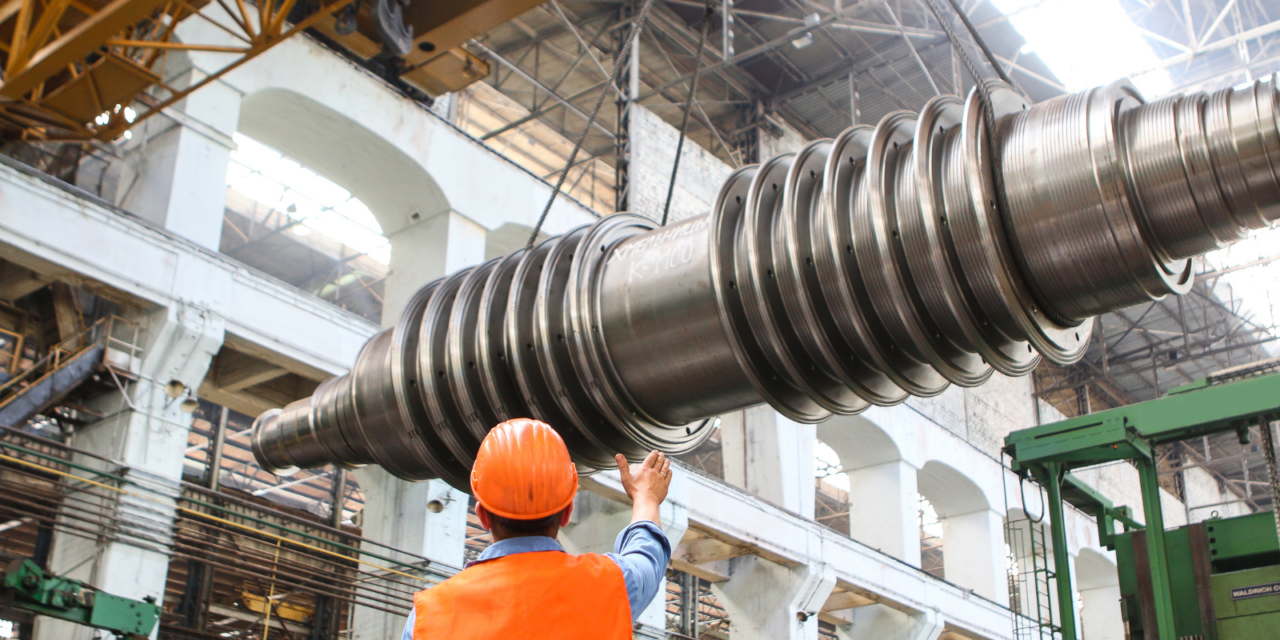Estimated reading time: 5 minutes
• Manufacturing shop floors convert resource inputs into finished outputs. Finished products are packaged and distributed to wholesalers, hypermarkets, retailers, and consumers.
• The procurement function in manufacturing ensures that the right products, services, and supplies are procured at the best price.
• The procurement function manages the end-to-end process of procuring materials and resource inputs. Procurement ensures that manufacturing shop floors have the right materials at the best price and on time. That means that failures and unprecedented delays in supply chain processes may impair crucial workflows.
So, how does procurement and supply chain affect manufacturing operations? Well, the role of any procurement function is to streamline procuring processes and maximize profits. Cost reduction in routing procurement processes is achieved by unlocking innovation in suppliers. Cost reduction can also be achieved by consistently unlocking suppliers’ innovation potential. The procurement function optimizes vendor-supplier relationships to cut costs and improve supply chain processes.
Role of Procurement in Manufacturing Companies
1. Centralization of Sourcing Processes
Manufacturing shop floors deal with a variety of tasks. Manufacturing systems, equipment, and tools handle complex tasks, impeding workflow and procurement processes. Luckily, the procurement function bridges this gap by centralizing different information into one central database.
For instance, the emergence of procurement automation provides a single, truly integrated platform for all procurement processes. This centralized platform brings all spending under one watch, ensuring efficient management. Centralized storage ensures effective management of different spend categories, ensuring that manufacturing leaders optimize efficiency and streamline procurement processes.
2. Maximizing Profits
The goal of procurement in manufacturing is to pursue cost-saving opportunities and make profits. Optimizing cost-saving opportunities involves balancing supplier quality, unlocking supplier’s innovative potential, ensuring consistent supplies, and cost reduction. Success implies creating a competitive advantage, while failure is simply losing ground.
There’s no doubt that the manufacturing environment is becoming more complex. That automatically implies that procurement and supply chain processes will become equally complex. Therefore, manufacturers need to be more strategic in procurement and supply chain. For instance, the emergence of the fourth industrial revolution or industry 4.0 continues to define machining processes. Organizations need to realign old paper-based procurement processes with automatic, digitally-enabled functions.
3. Operational Workflow
Manufacturing floors deal with complex undertakings – from packaging to processing complex parts. The manufacturing process involves working with products and services procured from vendors and suppliers. Strategic procurement processes are concerned with identifying the best suppliers and ensuring that products reach the manufacturing floor in time. That automatically implies that strategic sourcing is at the center of efficient and timely workflows. Operations flow smoothly when the right products are procured at the best time.
4. Brand Positioning
Procurement is a strategic function that impacts profits. Manufacturing companies typically incur 70% of their total spend on procuring materials and labor. The end products and services typically affect the delivery time, profits, customer satisfaction, and the company’s brand. Procurement as a strategic function affects profits, quality, operations, and supply chains of manufacturing brands. That’s why it’s critical to have a strategic sourcing and procurement process.
5. Competitive Positioning
Procurement and supply chain helps manufacturers stay ahead of the curve. Strategic procurement helps manufacturers be the preferred “customers” to vendors, ensuring timely deliveries and bolsters innovation. Organizations that foster stronger and healthier supplier relationships bring products to the market faster and at a wider margin.
For instance, an automotive manufacturer with efficient strategic procurement processes will attract innovations following NPI best practices. When procuring products is routine, an efficient procurement process drives business growth.
6. Faster Innovation
Procurement helps manufacturers become more innovative in their approach. Procurement enables manufacturers to navigate complex supplier relationships. It helps manufacturers understand product lifecycle stages and integrate this knowledge into managing supplier relationships. This integration helps manufacturers adapt faster to changing customer needs and preferences. For instance, the infiltration of online shopping and accelerated uptake of online shopping apps demands that manufacturers deploy automated check-out processes. Procurement becomes altogether crucial in helping manufacturers keep pace with shifting consumer preferences.
7. Collaboration
Collaboration and strategic partnerships are central aspects of any successful manufacturing. Manufacturers optimize partnerships to build resiliency during trying moments, including during pandemics and supply chain shocks. Robust procurement and supply chain processes help manufacturers be agile in vendor management. Vendor management involves gathering comprehensive and accurate information about suppliers and reviewing this information with internal stakeholders. The ease of doing business ensures that suppliers are innovative in their approach, fostering collaboration between vendors and manufacturers.
8. Regulatory Compliance
A strategic procurement and supply chain process will help you stay ahead of the compliance curve. Regulatory compliance is a critical element of any manufacturing process. Manufacturers must satisfy health, safety, and regulatory requirements. Failing to meet the set minimum requirements can lead to penalties, including the possibility of imprisonment. Procurement ensures manufacturers understand the changing regulatory landscape. Procurement gives manufacturers an understanding of the underlying legal and regulatory requirements. This understanding and knowledge ensure that processes, equipment, products, and services meet set regulations.
Unleash The Power of Procurement Automation
As the manufacturing shop floor changes with innovations in web 4.0, it’s time for manufacturers to rethink their procurement and supply chain processes. Procurement is responsible for acquiring all the materials, products, services, and inputs required for efficient business processes. Procurement and supply chain ensures that manufacturing shop floors function as envisioned and workflows run smoothly.
In conclusion, procurement automation drives efficiency and scalability. Manufacturers who rely on archaic, legacy procurement systems face redundancies, delays, and operational breakdowns. Procurement automation involves deploying an automated procurement solution. Solution providers and vendors like ProcurePort provide robust procurement automation solutions.
Contact ProcurePort to bring procurement automation to your shop floor.










